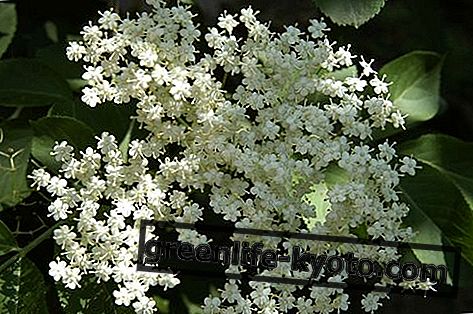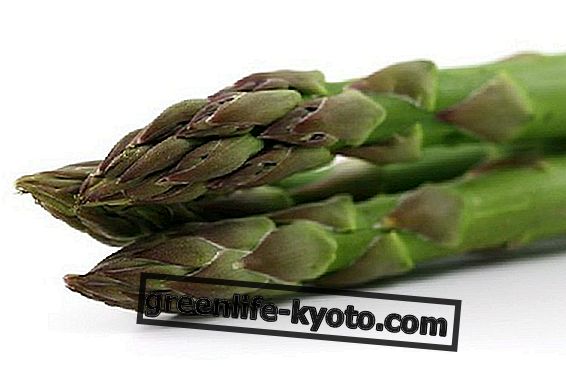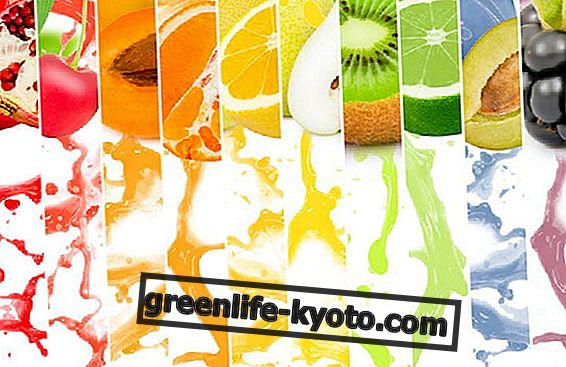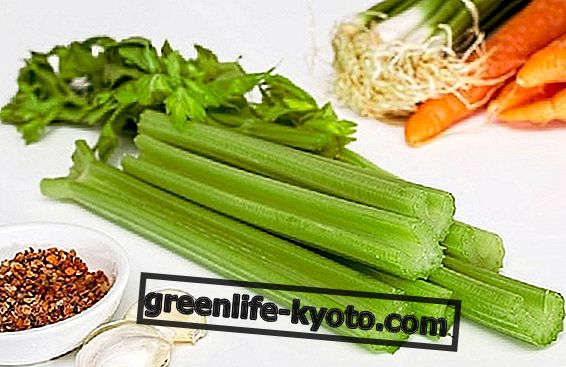Vitamin C deficiency involves symptoms such as tiredness, fatigue, and increased susceptibility to infections, and may depend, for example, on an unbalanced diet . Let's find out the causes, consequences and foods to supplement it.
>

Symptoms of vitamin C deficiency
Vitamin C (ascorbic acid) is a water-soluble vitamin, essential for the body to synthesize collagen, a substance that can strengthen bones, cartilage, muscles and blood vessels and promotes iron absorption.
Vitamin C deficiency involves symptoms such as tiredness, fatigue, loss of appetite, muscle pain and increased susceptibility to infections . The first organs to be affected are bones, cartilage and connective tissue. Gum disorders may also appear: gums hurt and bleedings, in some cases even ulcers, up to cause tooth loss.
Vitamin C deficiency is also linked to a particular disease called scurvy. It is a defect of collagen formation that involves the weakening of the bones and cartilage, of the teeth and connective tissues, with consequent soreness and degeneration, in some cases even anemia and fever.
Other characteristic symptoms of vitamin C deficiency can be shortness of breath, poor digestion, brittle or broken hair, skin problems, weakening of the enamel, easy formation of bruises.
The causes of vitamin C deficiency
Among the main causes of vitamin C deficiency there may be a lack of certain foods due to unbalanced diets . A deficiency of vitamin C can also occur as a result of diseases such as ulcers or more or less serious inflammatory diseases, surgical interventions, burns. Pregnancy and breastfeeding increase the need for vitamin C.
Symptoms such as diarrhea, excess heat or cold, increased diuresis result in more substantial elimination or consumption of vitamin C. Smoking, stress , high fever can reduce the body's ability to absorb vitamin C. Moreover excessive amounts of water impoverish the organic reserves. Oral contraceptives and aspirin often reduce absorption. Cooking foods can equally destroy the vitamin C contained in them.
Vitamin C deficiency and nutrition
Food sources of vitamin C are mainly fresh fruits and vegetables, especially citrus fruits such as oranges. Other food sources, useful to make up for the shortcomings, in addition to oranges and citrus fruits, there are: berries, melon, watermelon, kiwis; peppers, asparagus, turnip tops, broccoli, cabbage and cauliflower, potatoes, spinach and tomatoes among the vegetables.
Vitamin C is a very labile vitamin, and is destroyed by cooking, preservation, exposure to air and light, which is why it is essential to consume fresh foods . The fresher and less cooked foods are, the more vitamin content they contain.
Among the cooking methods to be preferred, we remind the microwave oven, steam and fast frying. Sweet peppers can be stored for about three weeks with minimal loss. Among the foods that contain it the most are the kiwis : quantity of 500 mg of vitamin C is contained in 6 kiwis.
READ ALSO
Natural vitamin C supplements: what they are and how to use them













